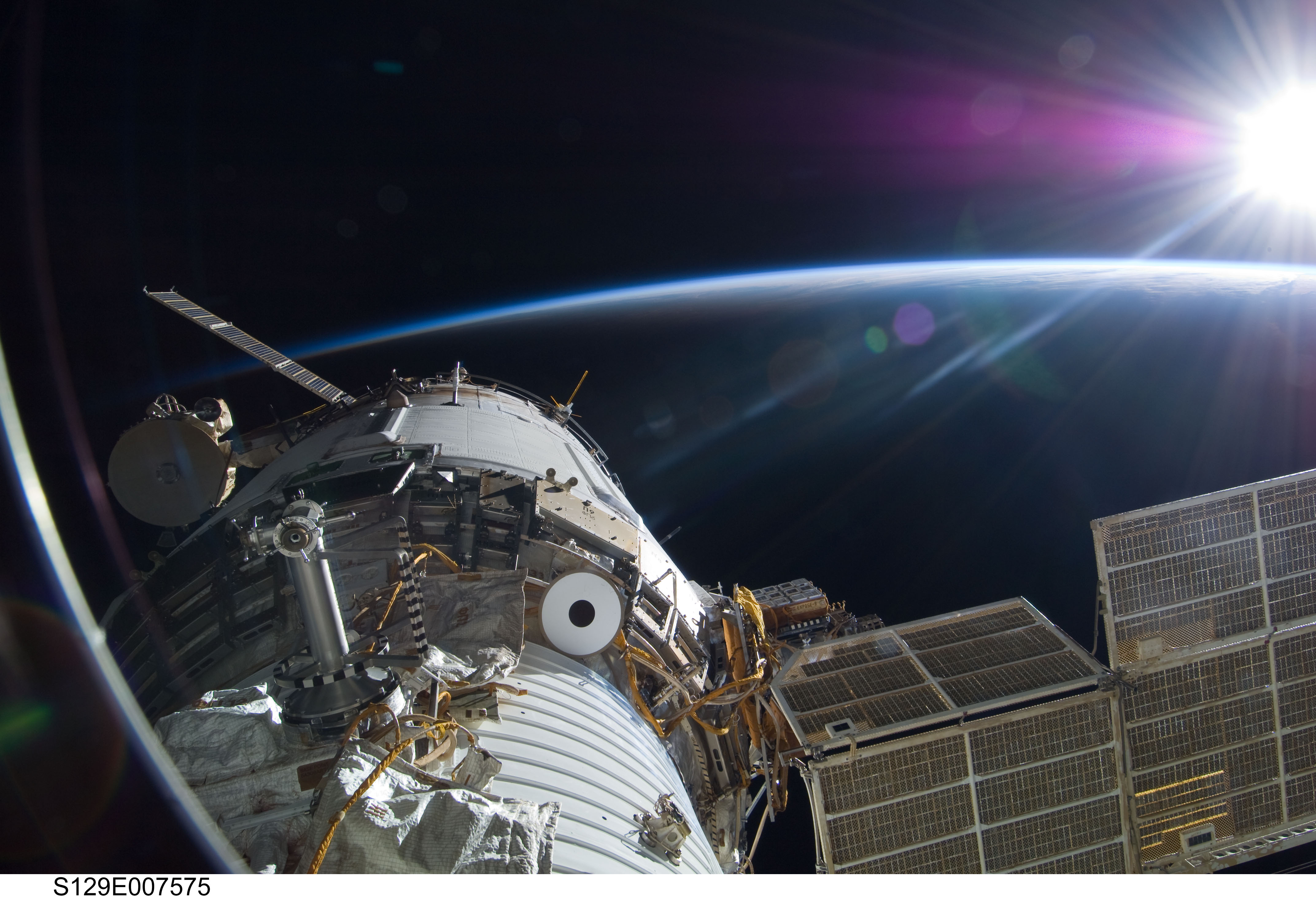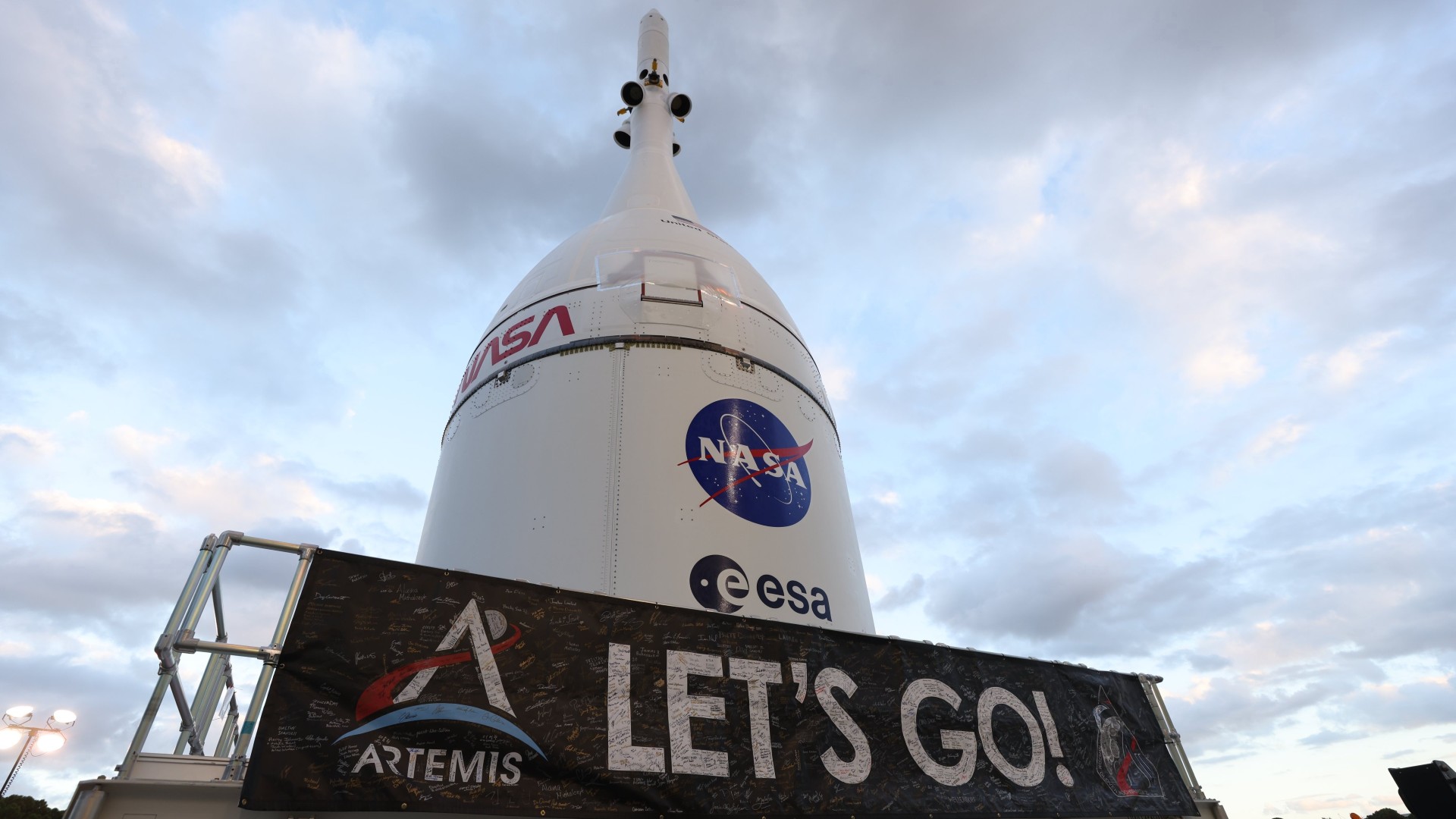3D-Textured Solar Cells Will Be Tested in Space

An experimental 3D-textured solar cell is set to be bolted to the outside of the International Space Station (ISS), where it will experience 16 "sunrises" each day as part of a harsh performance test.
A proposal submitted by W. Jud Ready, a professor of materials science at Georgia Tech, to study the performance of his "3D" textured solar cell in space was recently accepted by the Center for the Advancement of Science in Space (CASIS), the organization that manages research onboard the ISS. His solar cell, made from carbon nanotubes coated in an experimental light-absorbing material, will hitch a ride to the ISS sometime next year.
"It will be placed out on what they euphemistically call the back porch of the Japanese Experiment Module...It plugs into, literally, a USB port," Ready said.
[Scientists 'Evolve' a Super-Efficient Solar Cell]
The ISS has served as an orbiting laboratory for scientists, academics and even schoolchildren for years, but typically, the experiments are performed inside the space station. The installation of the solar panels will be one of the first experiments to take place outside the space station, on the Nanoracks External Platform.
As the ISS orbits the Earth every one and a half hours, the panels will be hit by sunlight from all directions, giving Ready and the team a way to test multiple configurations very quickly.
"If you were to go through all the possible configurations on Earth, it would be very challenging," Ready said.
Breaking space news, the latest updates on rocket launches, skywatching events and more!
The team will be testing the cells, coated with a copper-zinc-tin-sulfur mixture, for the optimum size and spacing of the tiny 3D bumps.
Ready’s 3D thin-film solar cells have been tested on Earth and were found to outperform flat/untextured thin-film cells of the same composition. Because of the 3D structure (which looks like millions of tiny skyscrapers when viewed under a microscope), when light hits the cell, it bounces deeper into the structure and is trapped, rather than reflecting away.
In a flat cell — especially early and late in the day, when the sun is at an angle — "the performance really suffers," Ready said.
On the other hand, the performance of the 3D solar cell actually improves at sunset, as light strikes it at a sharper angle.
Ready said he estimates the panels will last just a few months in space, because they will experience wild and rapid temperature fluctuations — 250 degrees Fahrenheit (121 degrees Celsius) on the sun side to minus 250 degrees Fahrenheit (minus 157 degrees Celsius) on the dark side 45 minutes later — and are at risk of micrometeorite impacts and atomic oxygen attack.
Nonetheless, Ready hopes the solar cells will stay in space longer. "In my proposal," he said, "I said to leave them up there until they all failed."
This story was provided by TechNewsDaily, a sister site to SPACE.com.

